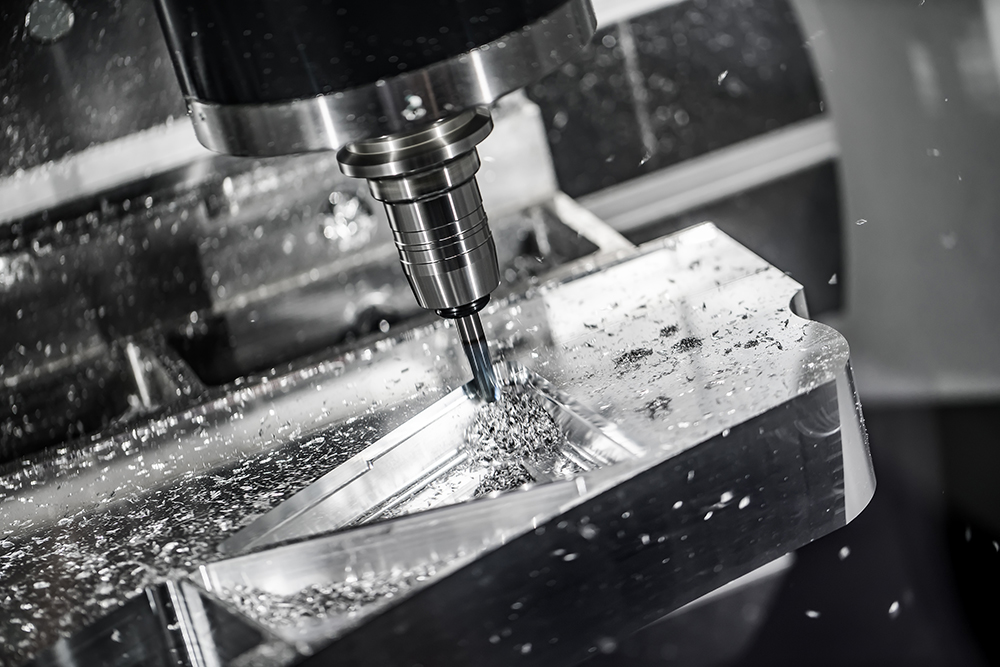
There is an urgent need for the next generation of milling tools for manufacturing, because the useful lifetimes of today’s tools are too short and this is very costly for industrial enterprises.
For this reason, the Danish Advanced Manufacturing Research Center (DAMRC) is working with Danish and foreign universities and companies to maintain the competitiveness of Denmark.
“Denmark is very talented, but costs are high. If we are not constantly at the forefront, we will lose touch. That’s why it’s important that we work together across universities and industry to generate new knowledge on current issues, and to make sure that this knowledge is implemented in real life,” says Charlotte Frølund Ilvig, senior project manager at the DAMRC.
Throughout the world, machines, tools and software are being developed for machining metal, wood and plastics. For example, a lot of work is put into developing the next generation of efficient and durable milling tools by, among other things, developing surface coatings, adapting machining parameters and optimising tool geometry.
And this development is absolutely crucial, adds Torben Nielsen, CEO of TN Værktøjsslibning, a manufacturer of both special and standard tools for processing different materials.
“If the milling tool is not completely up-to-date, companies cannot use their machines properly. This means that they cannot optimise their production: they have too much consumption and too little productivity. If you don’t use your energies to develop these things, then you won’t be here in two years’ time. You’ll be out-competed. Major manufacturers around the world are moving fast, competition is brutal, and so it’s vital that we work together to keep Denmark competitive,” he says.
According to Charlotte Frølund Ilvig, many large Danish companies are already collaborating with universities and knowledge centres on developing new knowledge. However, there is still a large potential – especially amongst the small and medium sized companies (SMEs).
“But reality is beginning to raise its head. I feel that more and more companies are realising that they have to develop to keep up,” she says and continues:
“We need to do more projects like this and give SMEs a taste of how collaboration with knowledge institutions can pay off.”